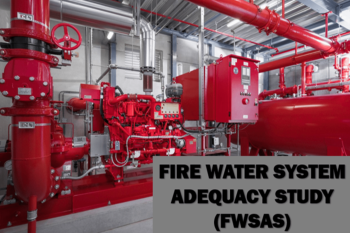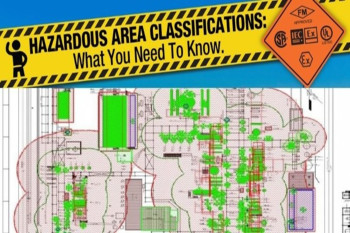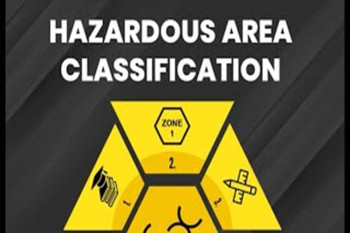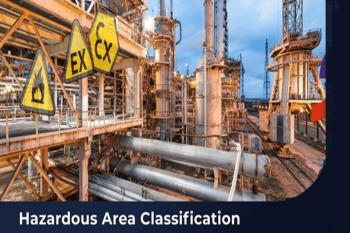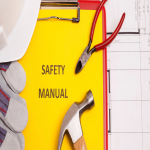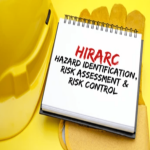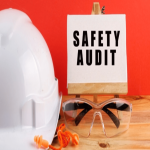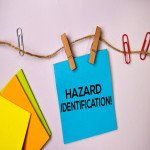DISCLAIMER
HSE Risk Management Services Private Limited accepts no liability or responsibility whatsoever for it in respect of any use of or reliance upon this Methodology by any third party.
Copying this Methodology without the permission of HSE Risk Management Services Private Limited is not permitted.
1. Proposed Methodology
1.1. Introduction
1.2. Methodology
·
VALIDATION PROCEDURE
FOR N2 INERTIZATION
N2
inertization is required in 3 steps
I.
N2 inertization in
vessel before transferring/charging of 1st flammable chemical.
II.
N2 inertization in
vessel during the process (reaction/unit operation) in the vessel.
III.
N2 inertization in
vessel during empty out.
·
Validation Procedure
No. “A”:
N2 inertization in vessel before transferring/charging of 1st flammable
chemical.
1.
Volume of N2 required
for inerting the vessel before transferring/charging of 1st flammable chemical
is provided in ‘Design validation’ under ‘Annexure-1’.(Refer Column-G)
2.
Flow rate of nitrogen
to vessel should be fixed through orifice of appropriate size. Flowrate can be
measured through a flowmeter installed in N2 line to equipment.
3.
Formula for Time
required for nitrogen inertization in the equipment = (Volume of reactor/Flowrate of nitrogen)
4.
Provide nitrogen flow
to vessel for the time calculated as per step 3.
5.
Measure the oxygen
level at the bottom of reactor.(1st cycle)
6.
If the oxygen
concentration is above required LOC, repeat the 4th step and measure the oxygen
concentration at the bottom of reactor till the oxygen level reaches equal to
or below required LOC. (2nd and 3rd Cycle)
7.
Initially, validate
no. of cycles needed of inerting in Step 6.
8.
Perform Step 4 to 7
three times.
9.
Frequency of
validation should be every in a six month or if there is any major maintenance
of equipment/vessel entries/maintenance of connected piping/dish-ends/valves
etc to equipment.
·
Validation Procedure
No. “B”:
N2 inertization in vessel during the process.
1.
Once the vessel is
inertized as per Validation Procedure No. A,
keep the vessel inertized with the help of nitrogen at a pressure 100mm
water column above the operating pressure.
2.
After every 1 hour,
record the Oxygen level at the bottom of vessel for upto 3 hours.
3.
If oxygen level is
above LOC, increase the pressure to 200mm water column and record the Oxygen
level at the bottom of vessel after every 1 hour, for upto 3 hours. Increase
the pressure by 100mm water column untill two subsequent oxygen level reading
are below required LOC.
4.
Frequency of
validation should be every in a six month or if there is any major maintenance
of equipment/vessel entries/maintenance of connected piping/dish-ends/valves
etc to equipment.
·
Validation Procedure
No. “C”:
N2 inertization in vessel during empty out
1.
After completion of
Validation procedure, A and B , fill the reactor with water and empty out the
vessel as per SOP of equipment (pump/gravity/vaccum etc) while keeping the
nitrogen supply open through the orifice.
2.
Calculate the flow of
N2 required during the empty out the reactor by formula = (Volume of
reactor/time required for completely empty the vessel)
3.
Measure the oxygen
level at the bottom of vessel after empty out. The oxygen level should be below
the required LOC.
4.
If oxygen level is
above LOC, increase the flow of nitrogen by 5% and measure the oxygen level at
the bottom of vessel after empty out.
5.
Perform steps 1-4 on
a test vessel 3 times to validate the process.
6. This process shall be reviewed once in a six month or if there is any major maintenance of equipment/vessel entries/maintenance of connected piping/dish-ends/valves etc to equipment
1.3. Guideline Used for N2
Inertization and Validation
· NFPA-69
1.4. Data Requirement
Ø Equipment P&IDs
Ø SOPs
Ø MSDS of Chemicals
Ø Nitrogen upstream Details and
Nitrogen Purity Level
Ø Batch Quantities of material charged
1.5. Project Deliverables
Table 1: N2 Inertization and Validation Study
|
Sr. No. |
Document Deliverable |
|
1. |
Executive Summary |
|
2. |
N2 Inertization and
Validation Methodology |
|
3. |
Assumptions |
|
4. |
|
|
5. |
Reference |
|
6. |
SOP Validation Worksheet
|
|
7. |
Design Validation
Worksheet |
1.6. Software to be used
·
The N2 Inertization
and Validation calculation is done using Microsoft Excel.
